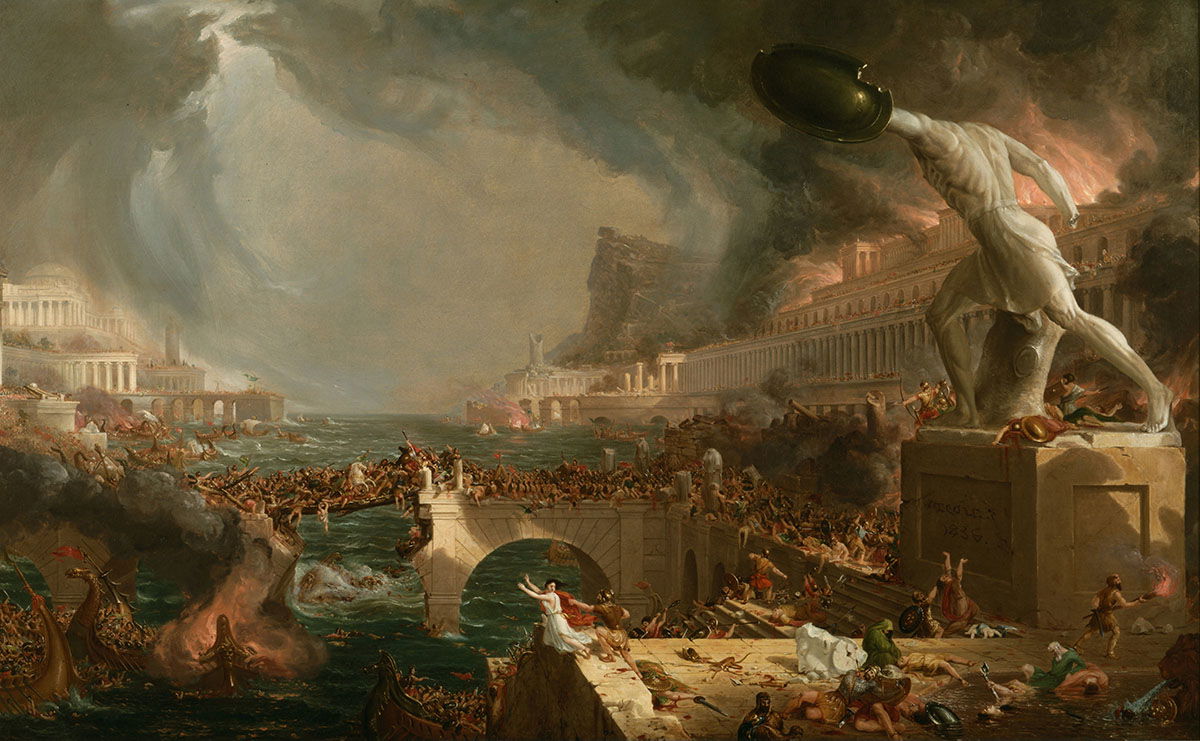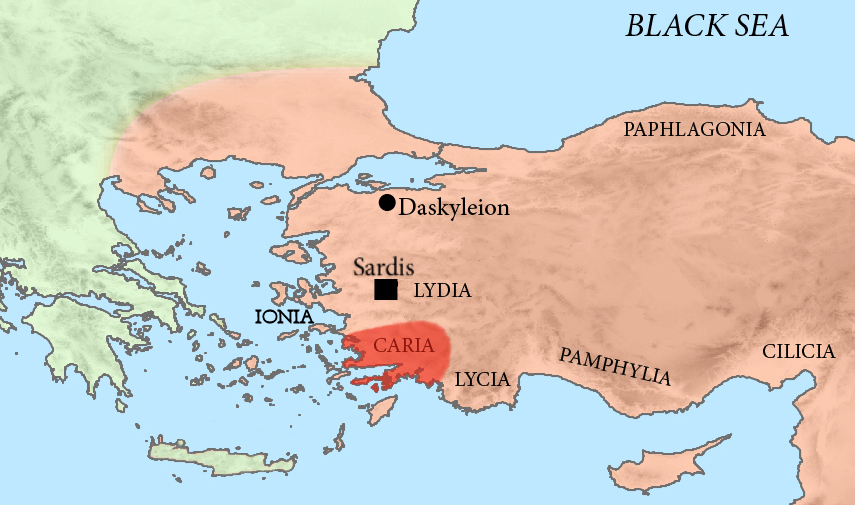This is a thread for ideas about additions to minor nations, at start, so that they can get some flavor and make them interesting to play.
I hope to be able to throw in some interesting stuff in regards to Thebes, Athens, Sparta, Messenia, Troizon, Corinth, Megara and Argos, at least. But I don't promise anything and if anyone has ideas, please feel free to post them as well.
Anyway, first out is Thebes.
Thebes
House of Kadmos - An event where a person shows up and its rumored this person is a direct descendent of Kadmos, the founder of Thebes. The player can let the ruler marry this character and so change the ruling family name to "Kadmidae" (or what it should be in proper ancient Greek at this time) and gain the personality trait "Bloodline of Kadmos" with bonuses to Oratory and Finess, and if the ruler is of this bloodline then gain Casus Belli on all Boiotia and a bonus to the family's prestige.
If possible this could only be fired one time during the game and so not milked by every new family that gets to rule Thebes.
Distant friends - An event with visitors from far away and the player's ruler can get friends and positive relations with Levantine or Persian character or state. The fluff itself may be a minor member of such a state's elite, a merchant or something else.
Curse of blindness – An event where interaction between characters are affected by a blindness, in one way or another, of the participants leading to unforeseen results. Not seldom of a tragic nature but some times also to joy and prosperity. The common thread should however be that just like Pentheus, Oedipus and Creon are all blind to what they are doing, and stumbles into disaster when the truth is finally revealed to them so the characters come into situations where unforseen consequences lies behind seemingly obvious solutions to the situations.
Just like with the "House of Kadmos" it would be nice if there are several different situations, and none can be brought up more than once in a single game, and all of them will not show up in a single game either.
Melting pot: Kadmean culture: Mix between Greek and Levantine in a state with both Boiotian and Levantine cultures, and ruled by Thebes or where a ruler of Thebes is married to a spouse of the Levantine culture. Possibly allowing the player to decide if the Kadmean culture should lean towards the Greek or Levantine part of its composition.
I hope to be able to throw in some interesting stuff in regards to Thebes, Athens, Sparta, Messenia, Troizon, Corinth, Megara and Argos, at least. But I don't promise anything and if anyone has ideas, please feel free to post them as well.
Anyway, first out is Thebes.
Thebes
House of Kadmos - An event where a person shows up and its rumored this person is a direct descendent of Kadmos, the founder of Thebes. The player can let the ruler marry this character and so change the ruling family name to "Kadmidae" (or what it should be in proper ancient Greek at this time) and gain the personality trait "Bloodline of Kadmos" with bonuses to Oratory and Finess, and if the ruler is of this bloodline then gain Casus Belli on all Boiotia and a bonus to the family's prestige.
If possible this could only be fired one time during the game and so not milked by every new family that gets to rule Thebes.
Distant friends - An event with visitors from far away and the player's ruler can get friends and positive relations with Levantine or Persian character or state. The fluff itself may be a minor member of such a state's elite, a merchant or something else.
Curse of blindness – An event where interaction between characters are affected by a blindness, in one way or another, of the participants leading to unforeseen results. Not seldom of a tragic nature but some times also to joy and prosperity. The common thread should however be that just like Pentheus, Oedipus and Creon are all blind to what they are doing, and stumbles into disaster when the truth is finally revealed to them so the characters come into situations where unforseen consequences lies behind seemingly obvious solutions to the situations.
Just like with the "House of Kadmos" it would be nice if there are several different situations, and none can be brought up more than once in a single game, and all of them will not show up in a single game either.
Melting pot: Kadmean culture: Mix between Greek and Levantine in a state with both Boiotian and Levantine cultures, and ruled by Thebes or where a ruler of Thebes is married to a spouse of the Levantine culture. Possibly allowing the player to decide if the Kadmean culture should lean towards the Greek or Levantine part of its composition.
- 8






